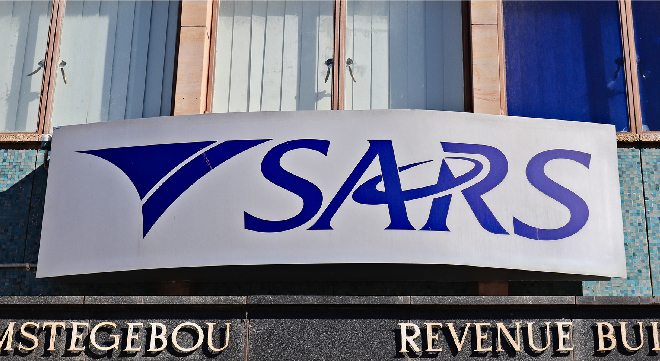The SA Revenue Service (Sars) has introduced a new declaration form that can be used to inform it that a taxpayer has broken South African tax residency, says Daniel Baines, manager at PwC South Africa.
Until recently, the primary way of informing Sars that a taxpayer has broken South African tax residency was by marking the date of cessation on the relevant annual tax return.
According to Baines, the new form is not a replacement for marking the cessation of residency on the tax return; it is an alternative. “There is no difference in the outcome whether one uses the form or marks the date of cessation on the tax return.”
Baines says although it may seem pointless to use the new declaration form, there are some circumstances where it needs to be used and some circumstances where it can be advantageous:
- If the taxpayer broke tax residency before the option to inform Sars was available on the ITR12, and they now want to inform Sars that they have broken their tax residency, the declaration form can be used to provide an added level of certainty.
- If the taxpayer does not have an eFiling profile (they left South Africa before eFiling was established), the declaration form can be used instead of the taxpayer having to set up an eFiling profile.
- If the taxpayer wants formal confirmation from Sars that they have broken their South African tax residency. Currently, the only confirmation that a taxpayer is able to obtain from Sars is to take a screenshot of the RAV01 form (from eFiling) that contains the taxpayer’s tax residency status. If the taxpayer has marked that they have broken their tax residency on their tax return, the RAV01 should reflect the taxpayer as a non-resident taxpayer. Formal confirmation of tax residency status from Sars can be useful, particularly if taxpayers are concerned about Sars trying to tax them on worldwide employment income earned over R1.25 million in the event of being tax resident (although any residence declaration to Sars can be challenged).
- The taxpayer’s representative does not have access to that person’s eFiling profile but are assisting them with breaking their South African tax residency.
Supporting documentation
Baines says the following supporting documentation must be supplied with the declaration form:
- The signed declaration indicating the basis on which you qualify.
- A letter of motivation setting out the facts and circumstances in detail to support the disclosure that you have ceased to be a tax resident.
- A copy of your passport/travel diary.
In addition to the above, the following must be supplied, depending on the basis on which the taxpayer ceased to be a tax resident in South Africa:
Cease to be ordinarily resident
- The type of visa on which you have gone to the foreign country.
- Where you have already taken up permanent residence in the foreign country, submit proof thereof.
- A certificate of tax residence from the foreign revenue authority or a letter from the authority that indicates that you are regarded as a tax resident in that country (if available).
- Details of any property that you may still have available in South Africa (indicate what the property is being used for).
- Details of any business interests (for example, investments and employment) that you may still have in South Africa.
- Details of your family. Indicate whether any family members are in South Africa and the reasons.
- Details of your social interests (for example, gym contract, recreational clubs and societies) and the location of your personal belongings.
- Details of any return visits to South Africa, the frequency thereof and the reason for undertaking such visits.
Cease by way of the physical presence test
Only the standard requirements must be supplied.
Cease due to the application of a double tax agreement
A certificate of tax residence from the foreign revenue authority or a letter from the authority that indicates your status as a tax resident in that country.
“Given that the process is new, it remains to be seen the extent to which Sars will audit such documents or the extent of disallowance of the declaration,” Baines says. He therefore advises that professional support should be sought so the criteria for cessation of residence can be examined and assistance provided in the validation of supporting documentation.



